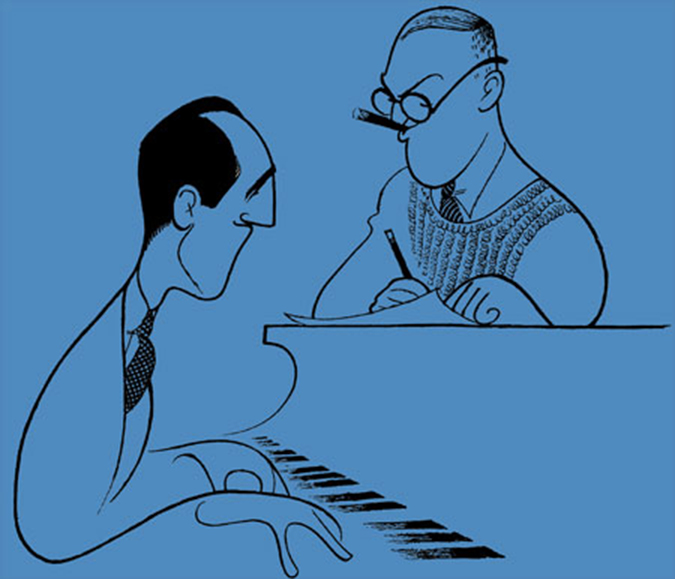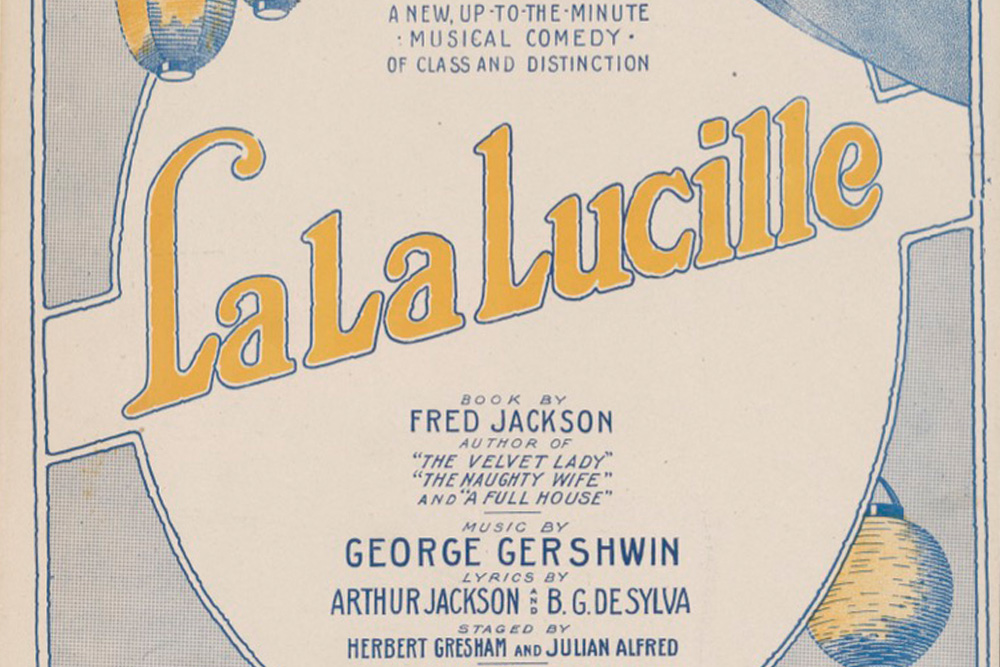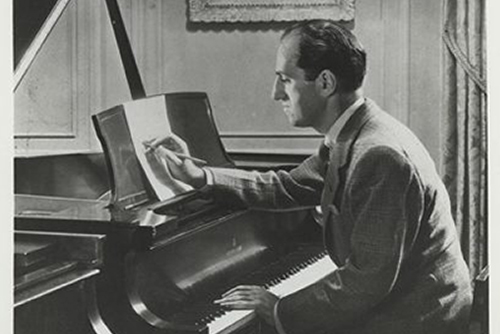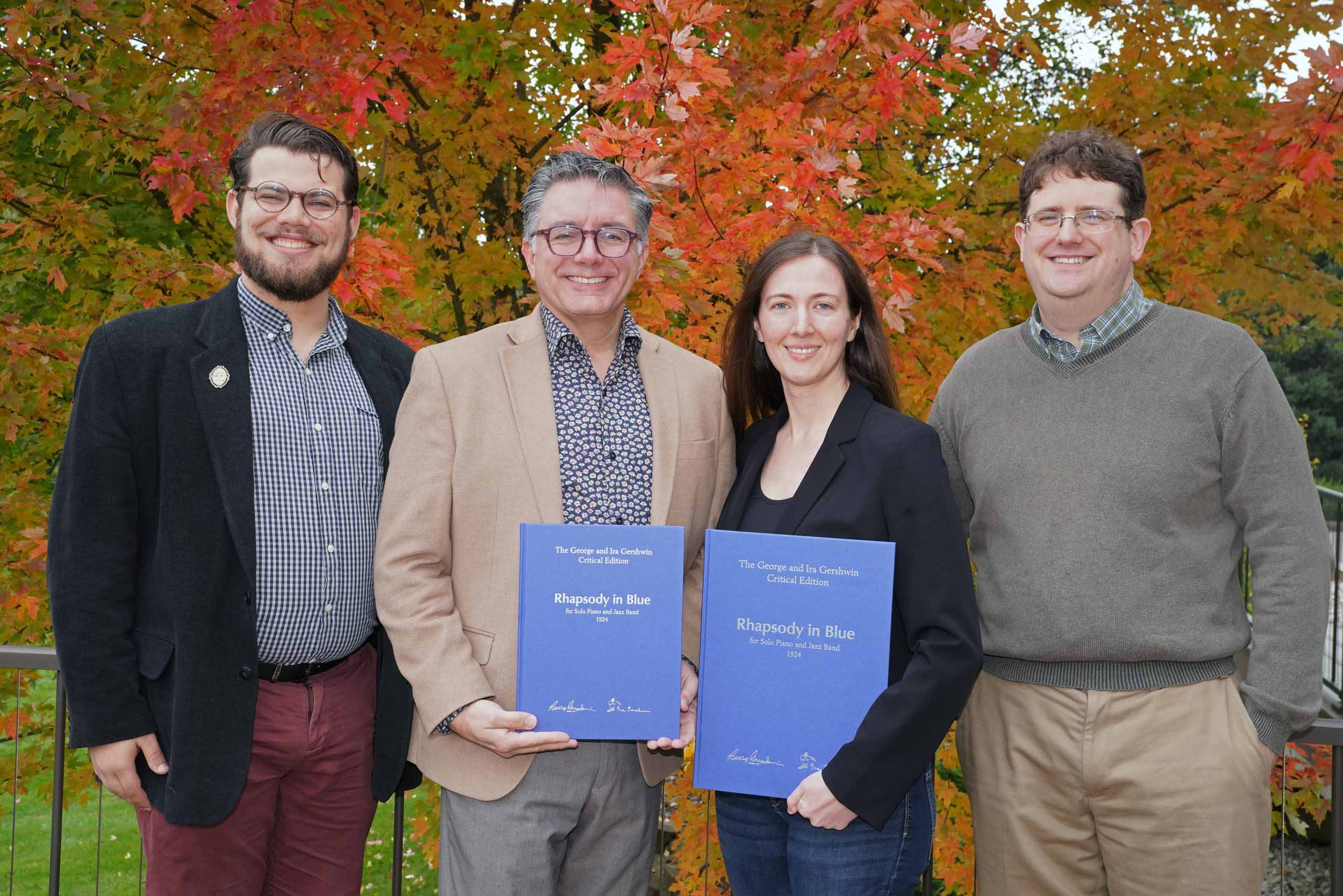The Gershwin Initiative
A Unique Partnership
The University of Michigan School of Music, Theatre & Dance has entered into a long-term partnership with the Gershwin family to undertake a two-part initiative that will bring the music of George and Ira Gershwin to students, scholars, performers and audiences across campus and worldwide. The Gershwin Initiative includes 1) a new scholarly edition of George and Ira’s creative work, plus 2) educational opportunities for U-M students to perform and learn about the Gershwins’ art.
The George & Ira Gershwin Critical Edition
“Preserving the legacy and sharing the genius of both George and Ira Gershwin is a primary goal of creating a critical edition of their work. The University of Michigan, with research and performance disciplines that parallel the Gershwins’ music, will provide an ideal home for this project. We believe this partnership will help the art of George and Ira Gershwin take its place, for centuries to come, among the preeminent works of the 20th century and to spark the imagination of a new generation of musicians.”
– Marc George Gershwin, nephew of George and Ira Gershwin and majority member of the Marc George Gershwin LLC and trustee of the Arthur Gershwin Testamentary Trust

Media
Introducing: The Gershwin Initiative
Playlist: “Gershwin Centennial Celebration: Rhapsody in Blue at 100”
Gershwin’s An American in Paris: A New Two-Piano Arrangement
Rhapsody in Blue
Catfish Row Symphonic Suite
Rhapsody in Maize & Blue
Our Stories
Show Your Support
The Gershwin Operating Fund supports the initiative to bring the music of George and Ira Gershwin to students, scholars, performers and audiences across campus and worldwide.
Contact Us
Gershwin Initiative
attn. Andrew S. Kohler
Alfred and Jane Wolin Managing Editor
[email protected]
881 N. University Ave.
602 Burton Memorial Tower
University of Michigan
Ann Arbor, MI 49104-1270




